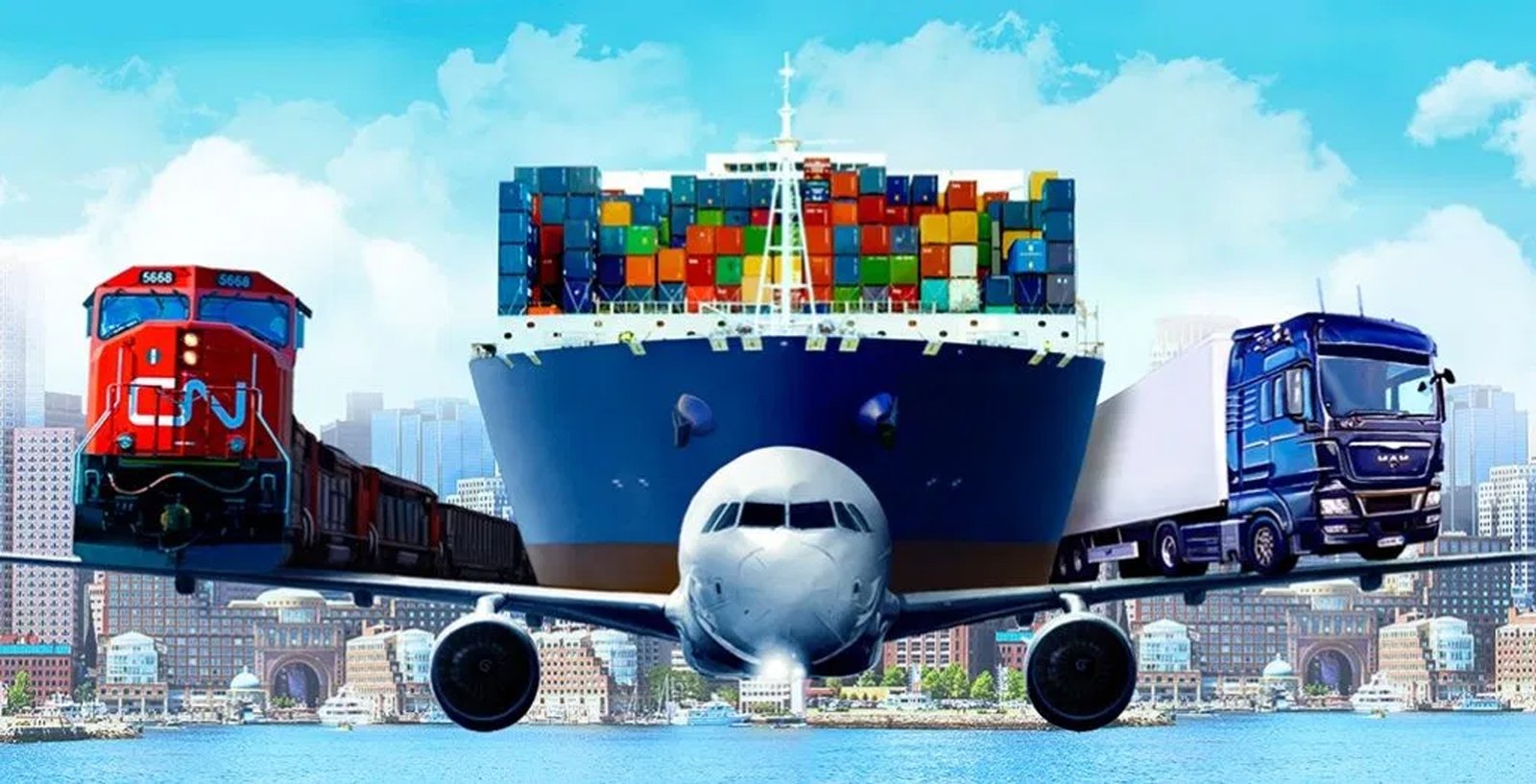In today’s interconnected world, the success of any business heavily depends on its ability to move goods efficiently. Whether it’s a global company shipping products across continents or a local retailer delivering goods to customers, logistics is the backbone of it all. But what exactly is logistics, and why is it so vital?
This quick guide will provide an overview of logistics, its core components, and why it plays a crucial role in business operations.
What Is Logistics?
Logistics refers to the process of planning, implementing, and managing the efficient flow of goods, services, and information from the point of origin to the point of consumption. It involves everything from procurement and transportation to warehousing and delivery.
The goal of logistics is to ensure that the right products reach the right place, at the right time, in the most cost-effective manner possible.

Key Components of Logistics
- Transportation
Transportation is one of the most critical aspects of logistics. It involves moving goods from manufacturers to warehouses, retailers, or directly to customers. Depending on the needs of the business, transportation methods may include road, rail, sea, or air.
Efficient transportation ensures timely deliveries and reduces costs, which is why companies often invest in optimising routes and choosing the best carriers.
- Warehousing
Warehousing involves the storage of goods before they are distributed to customers. A well-organised warehouse ensures quick and accurate order fulfilment.
Modern warehousing often incorporates advanced technology, such as automated systems and inventory tracking, to improve efficiency and reduce errors.
- Inventory Management
Effective inventory management ensures that businesses have the right amount of stock available to meet customer demand without overstocking or understocking.
This component focuses on tracking inventory levels, forecasting demand, and ensuring a balance between supply and demand.
- Order Fulfilment
Order fulfilment is the process of receiving, processing, and delivering orders to customers. This includes picking the correct products, packing them securely, and arranging for transportation.
A streamlined order fulfilment process is key to maintaining customer satisfaction and loyalty.
- Reverse Logistics
Reverse logistics refers to the process of handling returns, repairs, recycling, or disposal of goods. It ensures that returned products are efficiently managed, minimising losses and maximising recovery value.
The Importance of Logistics in Business
- Enhances Customer Satisfaction
In today’s fast-paced market, customers expect quick and accurate deliveries. A well-organised logistics system ensures timely shipments, improving the overall customer experience.
- Reduces Costs
By optimising transportation, warehousing, and inventory management, businesses can significantly reduce operational costs. Efficient logistics minimises waste and maximises resource utilisation.
- Boosts Supply Chain Efficiency
Logistics plays a key role in streamlining the entire supply chain. From raw material procurement to final delivery, logistics ensures smooth coordination between all stages of production and distribution.
- Enables Business Growth
For businesses looking to expand into new markets, logistics provides the infrastructure and expertise needed to reach new customers. Efficient logistics solutions allow companies to scale their operations and maintain a competitive edge.
- Facilitates Global Trade
In a globalised economy, logistics is essential for moving goods across borders. It ensures compliance with international regulations, manages customs clearance, and provides end-to-end visibility of shipments.
The Role of Technology in Modern Logistics
With advancements in technology, logistics has evolved into a highly efficient and data-driven process. Here are some technologies shaping the future of logistics:
- Automation: Robotics and automated systems are used in warehouses to speed up order fulfilment and reduce human error.
- Real-Time Tracking: GPS and IoT devices enable businesses to monitor shipments and provide customers with real-time updates.
- Data Analytics: Big data and analytics help optimise routes, forecast demand, and improve decision-making.
- Blockchain: This technology ensures transparency and security in supply chain transactions.
By integrating these technologies, businesses can improve efficiency, reduce costs, and enhance customer satisfaction.
Different Types of Logistics
- Inbound Logistics
Inbound logistics involves managing the flow of raw materials or goods into a business. This includes supplier relationships, transportation, and storage.
- Outbound Logistics
Outbound logistics focuses on distributing finished goods from a business to its customers. It includes order fulfilment, shipping, and delivery.
- Reverse Logistics
As mentioned earlier, reverse logistics handles returns, recycling, and waste management, ensuring sustainable practices.
- Third-Party Logistics (3PL)
Many businesses outsource their logistics operations to third-party providers, known as 3PL companies. These providers offer services like transportation, warehousing, and inventory management, allowing businesses to focus on their core activities.
Challenges in Logistics
While logistics is essential, it’s not without challenges. Businesses often face:
- Rising Costs: Fuel prices, labour costs, and shipping rates can impact logistics expenses.
- Supply Chain Disruptions: Events like natural disasters, geopolitical tensions, or pandemics can disrupt supply chains.
- Sustainability Concerns: Businesses must balance efficiency with environmentally-friendly practices.
- Complex Regulations: Navigating international trade regulations and customs requirements can be daunting.
Conclusion
Logistics is the lifeblood of modern business operations. It ensures that goods are moved efficiently, customers are satisfied, and businesses remain competitive. From transportation and warehousing to technology integration, every aspect of logistics contributes to the smooth functioning of supply chains.
Whether you’re a small business or a multinational corporation, investing in a robust logistics strategy is crucial for success. By understanding the fundamentals of logistics and leveraging the right tools and partners, businesses can thrive in today’s fast-paced and globalised market.
